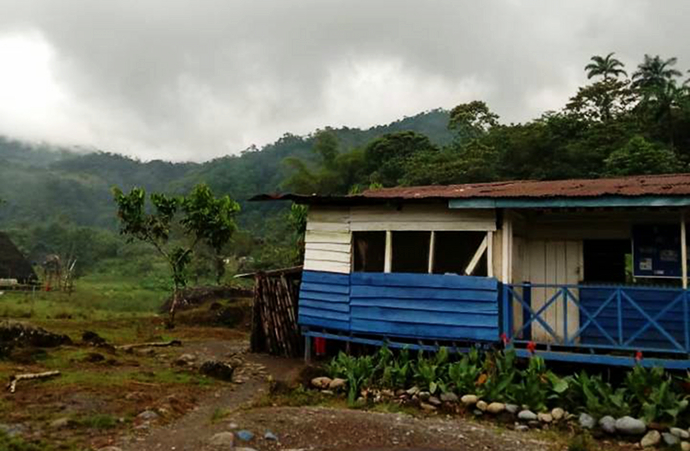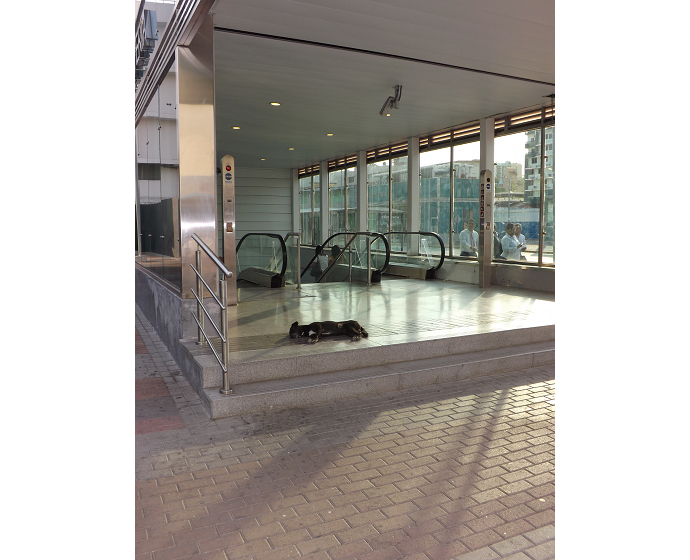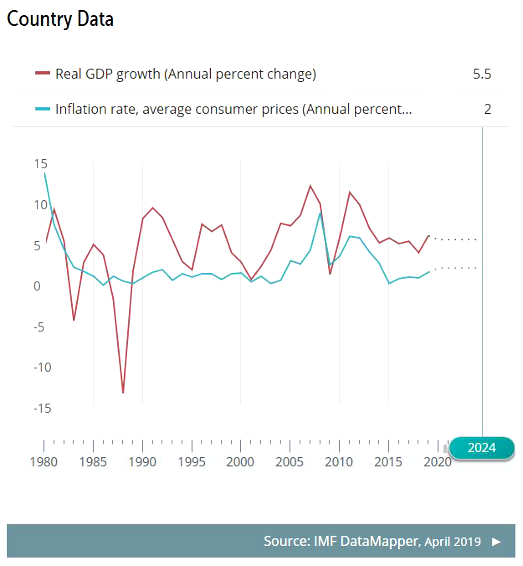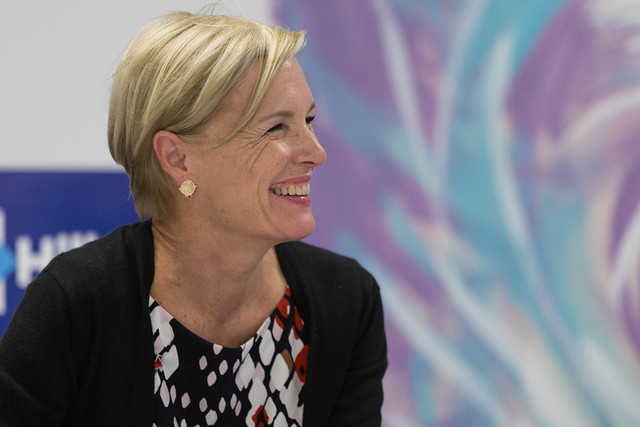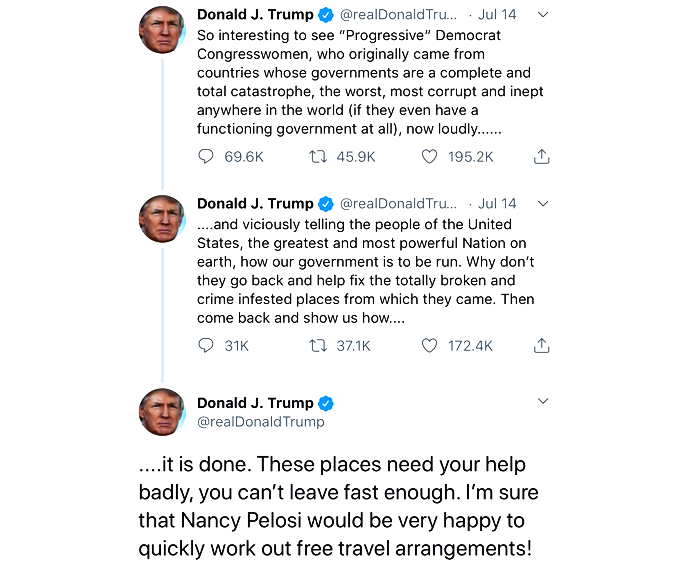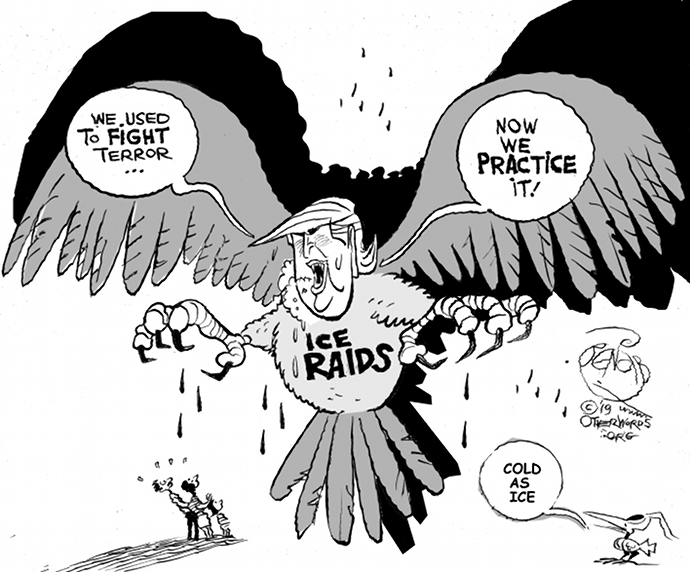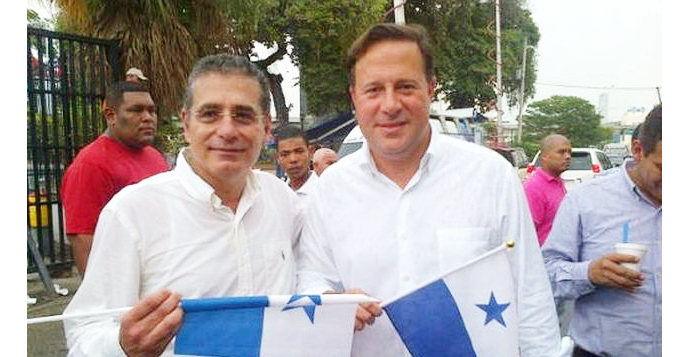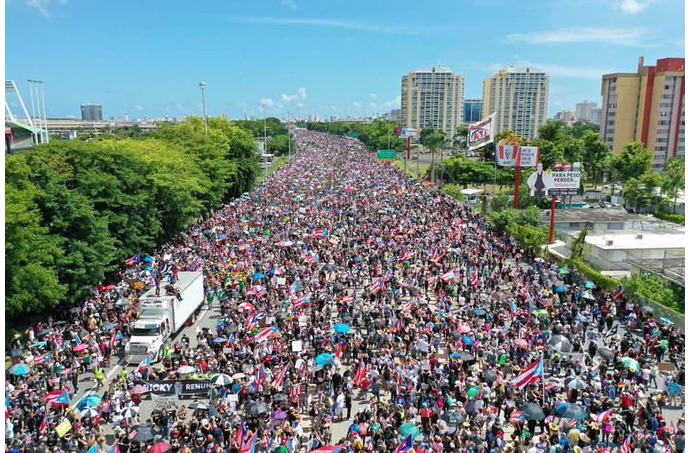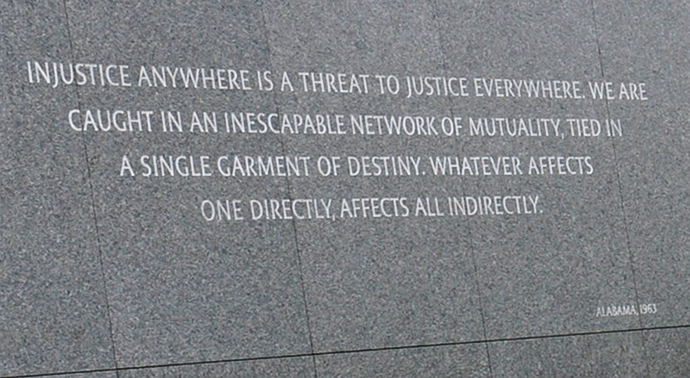Escuela en la Comarca Ngäbe-Buglé. Foto por Noticias AEVe.
Una ‘estrella’ en el programa
de Cortizo: La educación
por Marco A. Gandásegui, hijo
Cada vez se hace más urgente una reforma del sistema educativo panameño. Estoy repitiendo lo que se viene diciendo desde hace medio siglo. Los portadores del mensaje han sido enfáticos en sus planteamientos, pero no han logrado traducir su objetivo en un plan que cuente con el apoyo político necesario. Queremos explicar el porqué y sugerir algunas opciones para lograr que el país logre tener – por lo menos – una propuesta viable de reforma educativa. Lo trataremos de hacer en dos entregas sucesivas. Esta es la primera.
Cuando se habla de un sistema educativo de un país no es lo mismo que la sumatoria de todos los proyectos individuales de educación. Todavía más complejo, un plan – o un proyecto – de reforma educativa tiene que tener un objetivo, una estrategia y un grupo social que encabece la estrategia para alcanzar el objetivo. Es común que se hable de reformas educativas planteando numerosos problemas que van desde la falta de un presupuesto, el deterioro de los planteles, pasando por la formación y salarios de los educadores.
Para abordar estos problemas y otros, hay que definir por qué y para qué queremos un sistema educativo. Además, cómo queremos que funcione y para quién. ¿Estamos todos de acuerdo para qué queremos un sistema educativo nacional? Muchos dicen que no tiene que ser nacional (lo separan en oficial y privado, religioso o laico) y algunos señalan que debe ser selectivo (los que hacen mérito o para quienes pueden pagar) y otros incluyente (universal).
El para qué la educación divide a todos. Generalmente, las diferencias aparecen reflejando los intereses de grupo (clase) social. Casi en todas partes, sin distinción de niveles de desarrollo social o crecimiento económico, cada grupo social tiene su propio proyecto educativo y lo plantea en forma enérgica pero sin confesar su interés sectorial (de clase). La educación responde a un proceso social que evoluciona a lo largo de la historia. El grupo social más fuerte impone su proyecto. Durante la colonia americana, la Corona respondía a un pacto entre los nobles (guerreros terratenientes o cortesanos) y la Iglesia (ideólogos terratenientes). La educación se reducía a los intereses de estos dos grupos. Cuando Panamá se separó de Colombia en 1903, los ‘blancos capitalinos’ descubrieron que no tenían la gente (los cuadros) para dirigir la República recién nacida. En su discurso inaugural del Instituto Nacional en 1908, Eusebio Morales dijo que se creaba el plantel para formar los futuros dirigentes del país. Propuso una reforma educativa radical a nombre de los rentistas que dominaban el país. Con el paso de los años y el inicio de un proceso de industrialización en la década de 1930, los cambios demandan trabajadores tanto en el sector privado como el público. Se intentó introducir reformas sin mucho éxito. El sistema se partió entre público y privado (la educación regentada por religiosos tomó la delantera).
En la década de 1940 el sistema hizo crisis al crecer sin una dirección. Ya no era para formar cuadros como dijera Morales. ¿Entonces para que servía el sistema educativo? Las respuestas eran vagas y, sobre todo, emotivas. Las calles se convirtieron en los centros de debate. Las capas medias exigían su inclusión e identificaban la educación como la escalera para el ascenso social. En las siguientes dos décadas (1950 y 1960), con los liberales en el poder, la confusión rayaba con el caos. Se crearon cada vez más escuelas, pero el país no les daba espacio a los nuevos técnicos y profesionales. El golpe militar de 1968 respondió a ese desorden producto de una dirección política sin proyecto de nación y con un sistema educativo que ya había colapsado.
Los militares crearon una comisión para reformar el sistema educativo que se enfrentó a una oposición feroz. Algunos dicen que la oposición a la propuesta era porque venía de un gobierno controlado por los cuarteles. La tesis que propongo es otra: La reforma pretendía ser incluyente y los sectores sociales que todavía controlaban el debate en las calles se oponían. El gobierno militar no fue capaz de ganar la batalla ideológica en las calles. Un sector muy combativo de las capas medias que se sentía excluida, la orientación ideológica de la Iglesia y los recursos económicos de los sectores conservadores de la clase rentista se unieron para derrotar la reforma.
Repasamos la historia de la educación en Panamá. Fue un pantallazo muy rápido del pasado cuyo objetivo era introducirnos al presente. A su vez, nos sirve para proyectarnos hacia el futuro. Vivimos en un presente que nos legaron nuestros padres. Pero sí podemos construir la sociedad que queremos pensando en el futuro. El actor central puede ser un grupo social, una combinación de grupos o todos. Muy difícil que sea uno sólo o todos juntos. Más probable es que sea una alianza entre diferentes grupos que se unen para acometer la tarea de construir esa sociedad que queremos.
No tenemos la respuesta a la pregunta sobre cómo será esa sociedad que construiremos. Lo que si podemos afirmar con seguridad es que un instrumento fundamental en esa construcción es la educación. En nuestra historia vimos que cualquier proyecto de educación nacional responde a los intereses de uno o varios grupos sociales. La invasión militar norteamericana de 1989 impuso sobre el país un modelo económico que lleva el nombre de neoliberal. El modelo subordina todas las actividades – tanto económicas o culturales – a la lógica de quienes se creen dueños del país. Los neoliberales la llaman – sin razón – la ‘lógica del mercado’.
Los neoliberales modificaron las leyes que rigen las relaciones sociales entre los panameños (desregularon las reglas, privatizaron las empresas públicas y flexibilizaron las relaciones laborales). En el campo de la educación, los más radicales propusieron su privatización. Esto era imposible por el costo financiero que implicaba. En otros países (EEUU, entre otros) se consideró y se sigue barajando una alternativa educativa ‘público – privada’. Es decir, el gobierno pone todos los recursos y la empresa privada los administra. Igualmente, la empresa privada se queda con las ganancias de la inversión pública.
Este sistema ha sido muy resistido por razones obvias. En primer lugar, si el administrador no genera una ganancia para el dueño, se cierra la escuela. Segundo, el sistema no tiene un proyecto ni visión de futuro. Los empresarios agrupados en sus gremios ven con buenos ojos esta propuesta porque les anuncia un camino fácil para generar ganancias. El empresario privilegia su ganancia sobre todo lo demás. Para él es lo correcto. Pero ¿dónde quedan los estudiantes, la escuela y el futuro del país? Quedan tal como nos dicen los documentos y estadísticas del gobierno: Jóvenes ‘ni-ni’, planteles colapsados y un futuro incierto.
Los panameños tenemos los recursos de sobra para levantar un sistema educativo que nos permita atender las demandas de nuestros niños y jóvenes. Podemos construir los mejores planteles con todos los adelantos técnicos. Sólo tenemos que contestar la pregunta ¿para qué?
En la actualidad, existen tres proyectos de reforma educativa que circulan a puertas cerradas: La primera es la del uno por ciento de los panameños. Este minúsculo sector propone la iniciativa ‘público privado’. Otro sector, el 40 por ciento de los panameños, quieren un sistema que les garantice a sus hijos acceso a la escalera del ascenso social. Los restantes, casi el 60 por ciento, han sido rechazados por el sistema y tenemos que reintegrarlos a la escuela.
El sistema educativo tiene que preparar a la juventud para una vida productiva e innovadora. No podemos discriminar por sexo, etnia, ni por condición económica. El primer día de clase del niño en kindergarten debe probar su ingenio para solucionar problemas. La vida es una pista llena de obstáculos cambiantes, cada vez más difíciles, para los cuales tenemos que estar preparados. La escuela – primaria, secundaria y superior – tiene que darnos los instrumentos para iniciar esa vida que nos exigirá permanentemente seguir escalando. El sistema también tiene que darnos los medios para saber dirigir, para ser líderes, comenzando en la escuela y siguiendo en la vida productiva. El liderazgo es una cualidad que el sistema educativo tiene que darle al joven. Se fijan metas y se trasmiten valores: La lectura, la destreza mental y física, la competencia, la solidaridad.
Hay áreas básicas que difícilmente cambiarán como las matemáticas y el español. Igualmente, la ciencia y las humanidades. Hay retos técnicos. Hace cien años era la electricidad, hace medio siglo la revolución audio visual, hoy estamos en la era digital. Mañana estaremos enfrentado otros retos. Nuestro sistema educativo tiene que formar a quienes estarán en la vanguardia de los cambios e innovaciones. Para eso debe servir el sistema educativo panameño.
~ ~ ~
Estos anuncios son interactivos. Toque en ellos para seguir a las páginas de web







